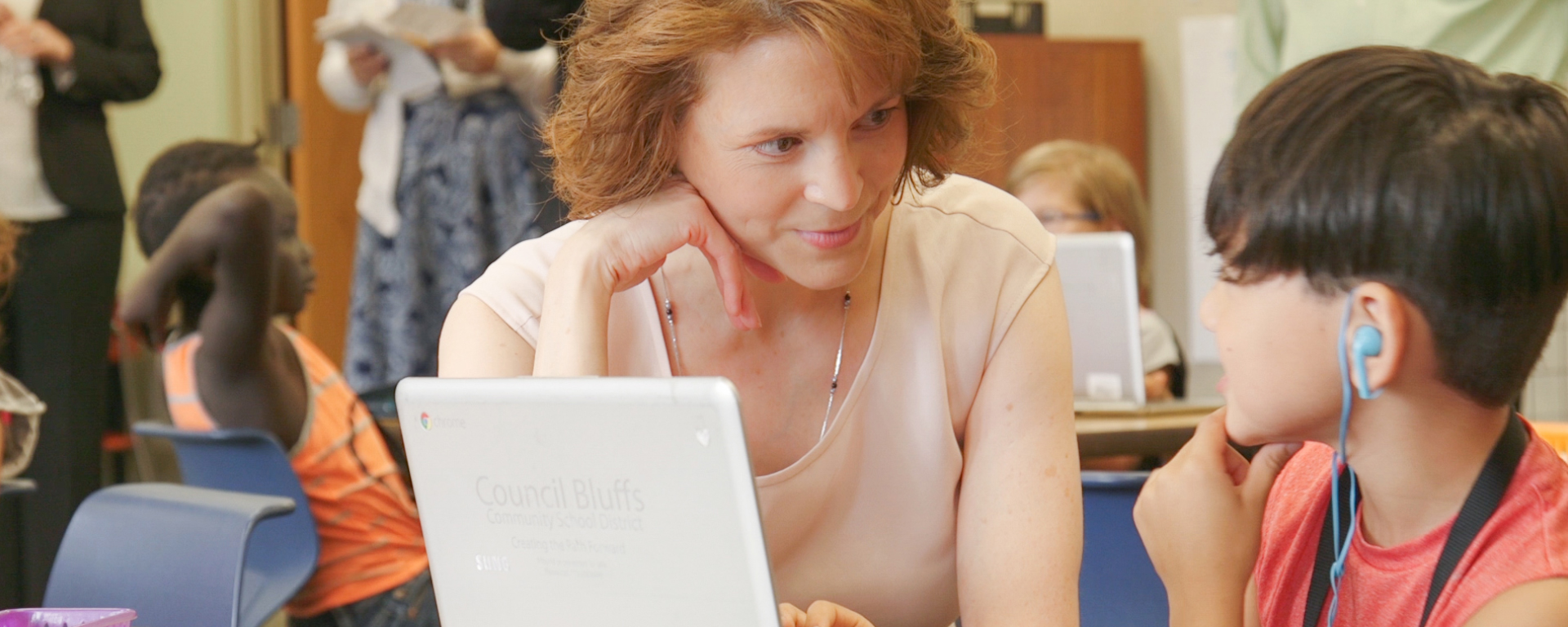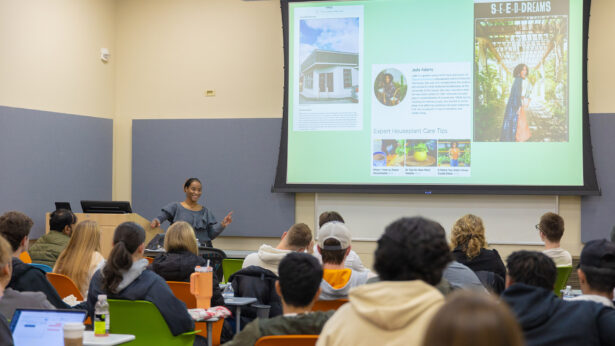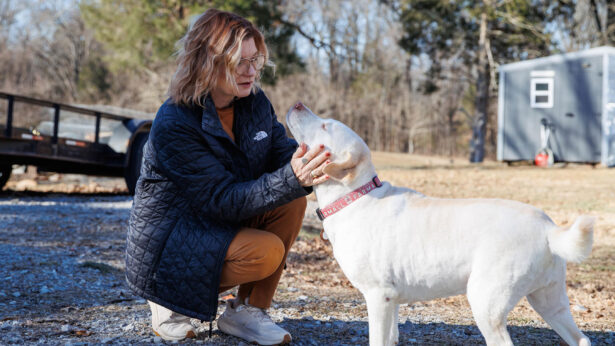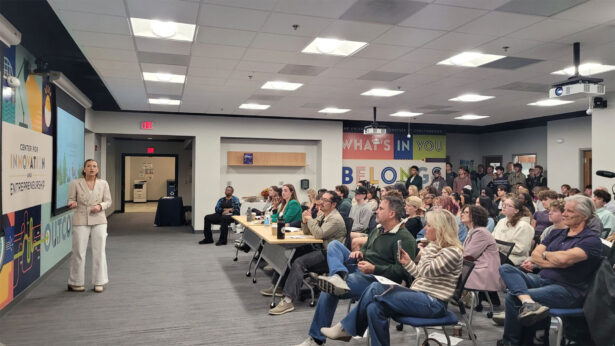When it comes to reading proficiency, Tennessee is a story in need of a happier ending.
According to the most recent Tennessee Comprehensive Assessment Program scores, only 36.4 percent of Tennessee students are reading at the proficient level. National tests place Tennessee in the bottom half of the states ranked by percentage of students who are reading proficiently.
With UT at the helm, the state of Tennessee is working to change the narrative.
Developed in collaboration with the Tennessee Department of Education and the UT System, the new Tennessee Reading Research Center has opened in UT Knoxville’s College of Education, Health and Human Sciences (CEHHS). Professor Deborah Reed, who helped start the Iowa Reading Research Center at the University of Iowa and served as its director since 2015, has been hired to lead UT Knoxville’s new center.
The center is part of Reading 360, a set of statewide initiatives to ensure Tennessee school districts, teachers and families have the resources needed to help students read on grade level by third grade. Reading 360 is a $100 million effort, funded with $60 million of one-time federal COVID-19 relief funding and $40 million in federal grants.
The center has received $5 million over three years through Reading 360 to evaluate Tennessee’s efforts to boost literacy rates by improving teacher training and teacher preparation statewide.
The center began with a simple conversation, UT System President Randy Boyd says.
“State Commissioner of Education Penny Schwinn reached out to me last year to share her idea for a place where early literacy research could continue for long after her term. She felt that UT, with its reach all across the state, was the obvious partner,” he says.
CEHHS Dean Ellen McIntyre and Professor Sherry Bell, director of literacy initiatives, helped develop the center and hired Reed. Drawing on her experience, Reed hit the ground running,―hiring personnel, establishing processes for obtaining state data and meeting with organizations around Tennessee to collaborate on literacy issues.
Reed says Reading 360’s approach is to fill the state’s gaps in literacy by working with everyone involved: parents, community groups, educators and teacher-training programs.
Reed, Bell and the center’s growing team have started studying the relationship between teachers’ participation in Reading 360 professional development opportunities and their K-5 students’ literacy performance.
Reed also is working with the state on a plan to evaluate how educator preparation programs statewide implement modules about literacy instruction, special education, high-quality instructional materials and trauma-informed instruction. The modules were developed by UT Knoxville to create consistency in teacher training.
“There is overwhelming evidence about approaches that are most effective in helping all children learn to read,” Reed says. “But schools’ uptake of research has not always kept pace with what we know. The state of Tennessee is making sure that all educators are familiar with the research about reading development and effective literacy instruction and that they’re equipped to implement that in their classrooms.”



